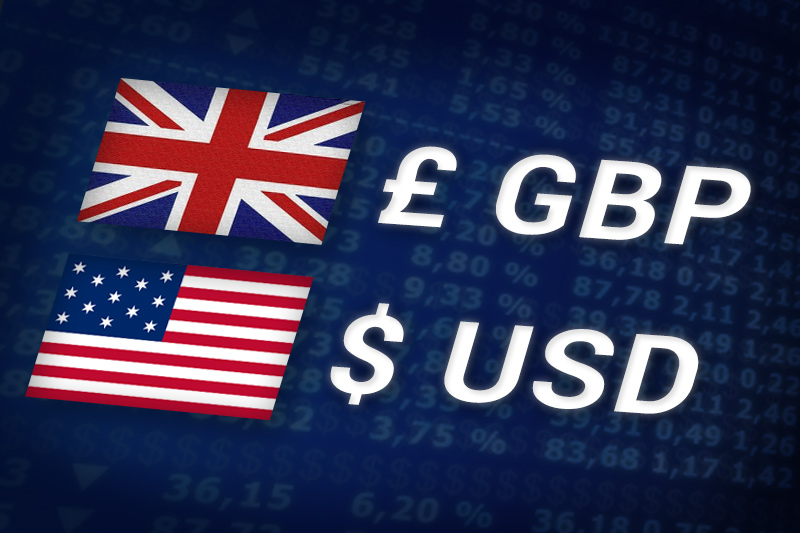Investing.com - The pound pared gains against the U.S. dollar on Tuesday, easing off a 10-week high, as renewed concerns over the debt crisis in the euro zone and unexpectedly weak U.S. economic data dented risk appetite.
GBP/USD pulled back from 1.5796, the pair’s highest since November 21, to hit 1.5766 during U.S. morning trade, still up 0.36% on the day.
Cable was likely to find support at 1.5698, the session low and resistance at 1.5826, the high of November 16.
Investors remained wary as the yield on Portugal’s 10-year government bonds stayed close to Monday’s euro-era highs at 16%, fuelling concerns that Lisbon may need a debt restructuring deal similar to Greece’s.
Risk appetite was also hit after a report showed that manufacturing activity in the Chicago area declined unexpectedly in January.
The Chicago purchasing managers’ index declined to a seasonally adjusted 60.2, from a reading of 62.5 in December.
Analysts had expected the PMI to rise to 63.0 in January.
A separate report showed that U.S. consumer confidence deteriorated unexpectedly in January, falling to 61.1 from a reading of 64.8 in December and confounding expectations for an increase to 68.2.
The weak data underlined concerns over the outlook for the U.S. economic recovery, after the Federal Reserve pushed back the timing of likely interest rate hike to mid-2014 last week.
Market sentiment had been boosted earlier after Greek Prime Minister Lucas Papademos said "significant progress" had been made in talks on a debt swap deal with the country’s private creditors and an agreement was expected to be reached by the end of the week.
In the U.K., official data showed that bank lending remained subdued in December, rising by GBP0.4 billion, below expectations for GBP1.2 billion increase.
A separate report showed that consumer confidence in the U.K. rose to its highest level in seven months in January.
The pound was higher against the euro, with EUR/GBP shedding 0.47% to hit 0.8325.
Also Tuesday, data showed that the S&P/Case-Shiller U.S. home price index fell more-than-expected in November, declining for the 17th consecutive month.
GBP/USD pulled back from 1.5796, the pair’s highest since November 21, to hit 1.5766 during U.S. morning trade, still up 0.36% on the day.
Cable was likely to find support at 1.5698, the session low and resistance at 1.5826, the high of November 16.
Investors remained wary as the yield on Portugal’s 10-year government bonds stayed close to Monday’s euro-era highs at 16%, fuelling concerns that Lisbon may need a debt restructuring deal similar to Greece’s.
Risk appetite was also hit after a report showed that manufacturing activity in the Chicago area declined unexpectedly in January.
The Chicago purchasing managers’ index declined to a seasonally adjusted 60.2, from a reading of 62.5 in December.
Analysts had expected the PMI to rise to 63.0 in January.
A separate report showed that U.S. consumer confidence deteriorated unexpectedly in January, falling to 61.1 from a reading of 64.8 in December and confounding expectations for an increase to 68.2.
The weak data underlined concerns over the outlook for the U.S. economic recovery, after the Federal Reserve pushed back the timing of likely interest rate hike to mid-2014 last week.
Market sentiment had been boosted earlier after Greek Prime Minister Lucas Papademos said "significant progress" had been made in talks on a debt swap deal with the country’s private creditors and an agreement was expected to be reached by the end of the week.
In the U.K., official data showed that bank lending remained subdued in December, rising by GBP0.4 billion, below expectations for GBP1.2 billion increase.
A separate report showed that consumer confidence in the U.K. rose to its highest level in seven months in January.
The pound was higher against the euro, with EUR/GBP shedding 0.47% to hit 0.8325.
Also Tuesday, data showed that the S&P/Case-Shiller U.S. home price index fell more-than-expected in November, declining for the 17th consecutive month.
